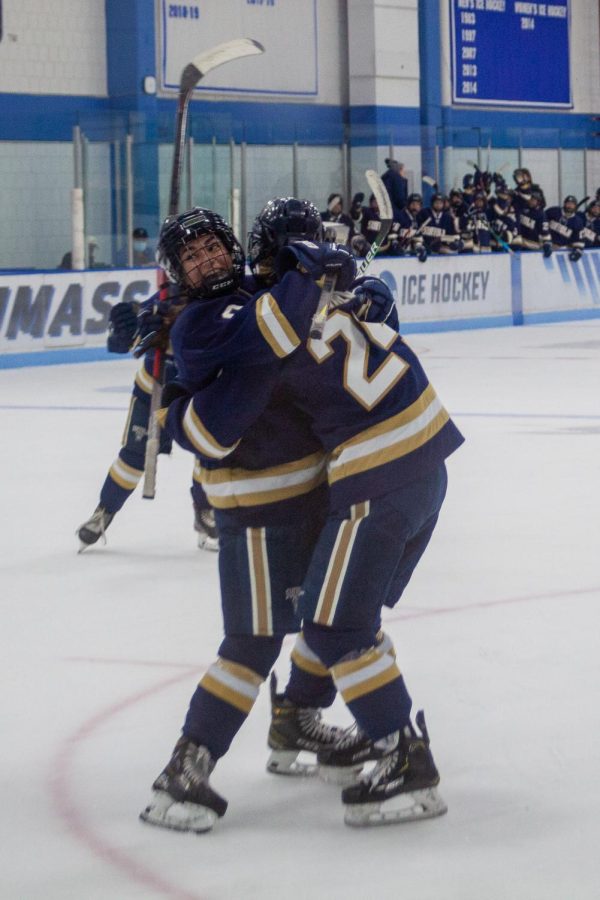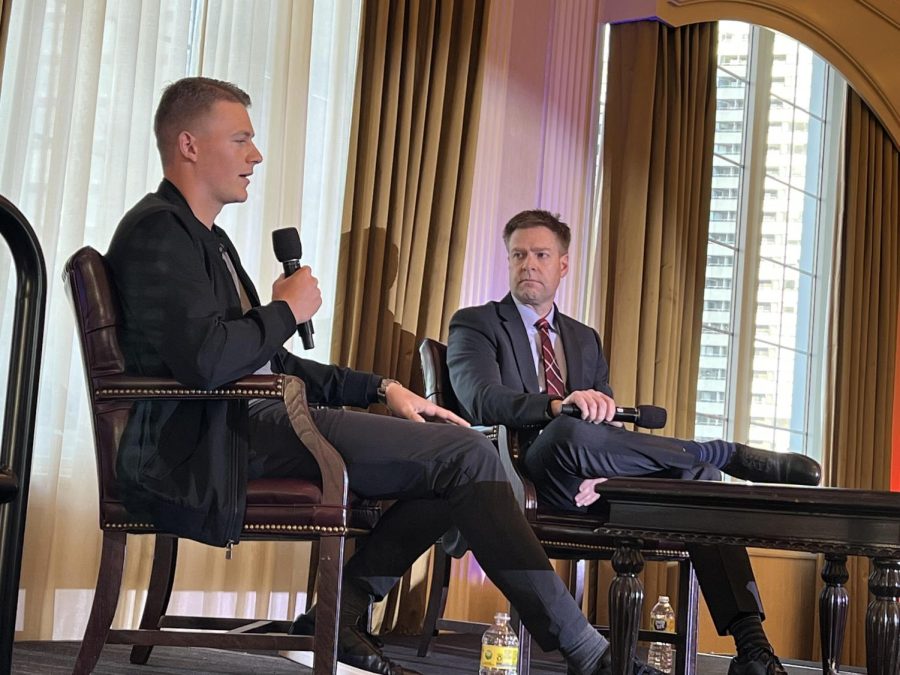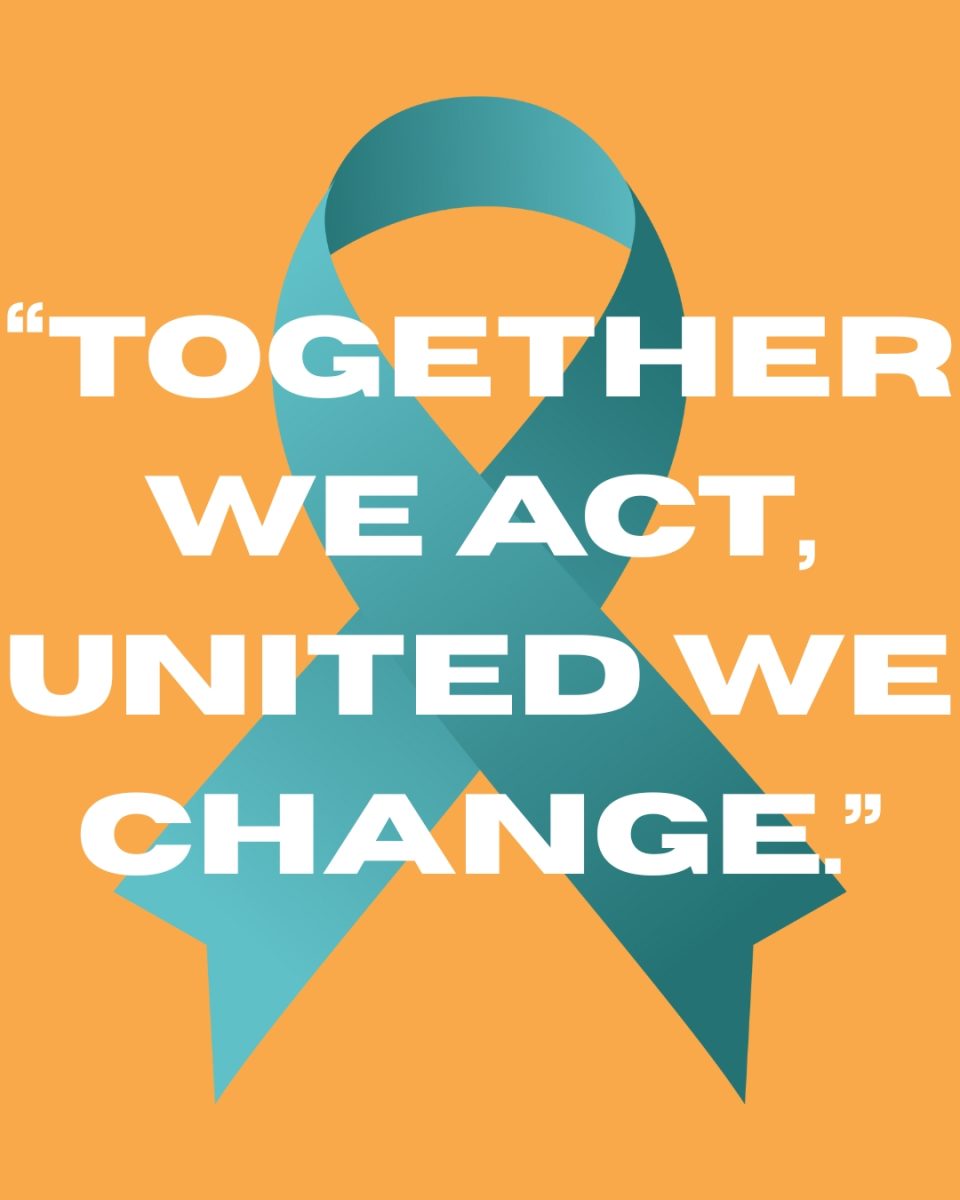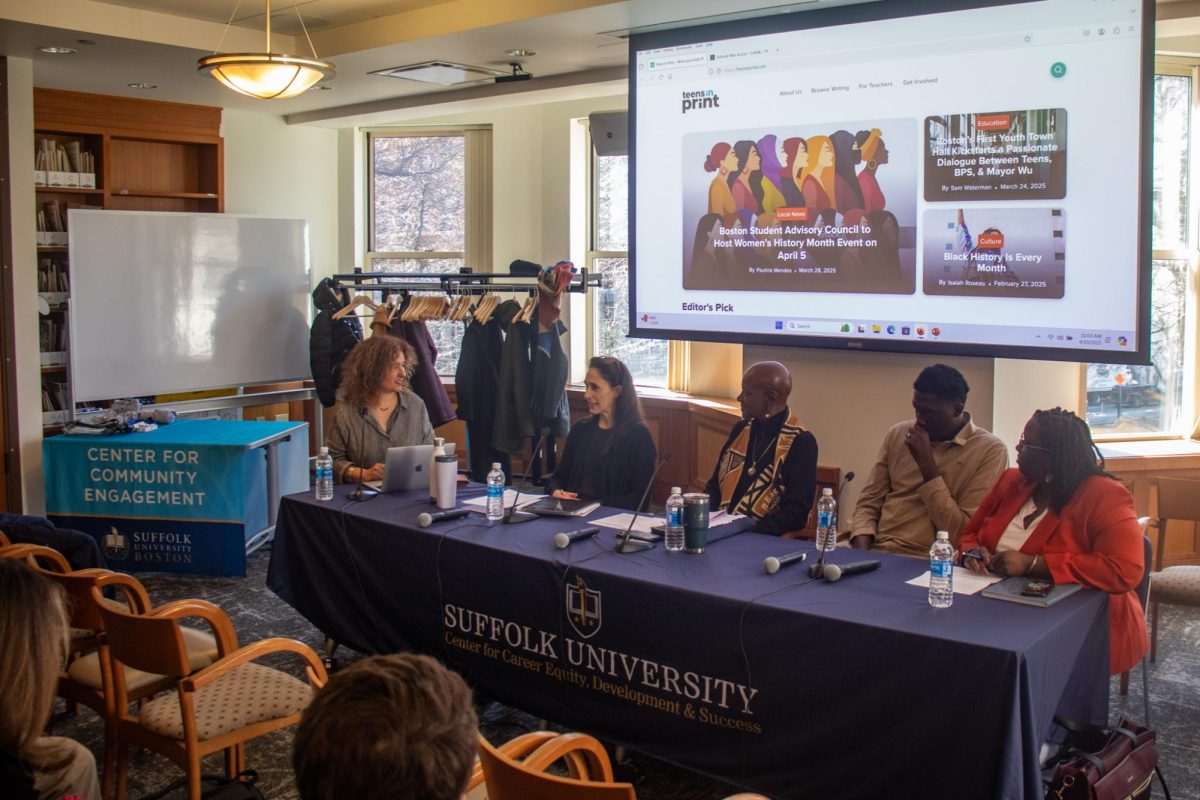A new Suffolk poll released last night about the New Hampshire GOP Primary confirmed Mitt Romney’s status as the party’s front-runner.
If the election were held today, Romney would win handily with 41 percent of the vote. Former House Speaker Newt Gingrich and Representative Ron Paul would tie for second at 14 percent, according to a statement on Suffolk’s website.
The rest of the field was in the single digits—Jon Huntsman at nine percent, Herman Cain at eight percent, Rick Santorum at three percent, Rick Perry at two percent, and Michele Bachmann at one percent, said the statement.
Another poll, released last week by New Hampshire Journal/ Magellan Strategies had Romney and Gingrich in a dead heat.
In fact, national polls have had candidates including, Cain, Paul, and Gingrich surging in the polls with no apparent affect on the numbers in New Hampshire.
“Every Republican candidate that surges in the national polls hits a firewall in New Hampshire,” said David Paleologos, director of the Political Research Center in the statement. “We’ve seen this with surges from Bachmann, Perry, Cain and now Gingrich.”
While Romney is vulnerable with nine percent of voters undecided and more than half of voters somewhat likely (43 percent) or very likely (nine percent) to choose another candidate, other factors make his lead look promising.
Romney got 20 percent of the “second choice” vote and Gingrich got 19 percent. Romney got 55 percent among older voters who are unlikely to change their minds. He also benefits from Paul and his loyal base of supporters.
“Romney’s best insurance policy in New Hampshire is Ron Paul, whose fixed support takes 14 percent off the table,” said Paleologos in the statement.
This weekend’s endorsement from New Hampshire Senator Kelly Ayotte, did not have much of an impact on the numbers, since it occurred about two-thirds into the survey, but should increase Romney’s conservative credentials, according to the statement.
An open question on the survey asked why 75 percent of national Republican voters are hesitant to support Romney. 16 percent said it was his Mormon religion. His flip-flopping on the issues and his health care plan were among some of the other reasons.
“This is a significant finding, coming from Romney’s best early state,” said Paleologos. “Both Romney and non-Romney voters agree that the going will be tough in many other state primaries and caucuses because they believe other Republican voters are holding back due to concerns in areas including religion, inconsistency and health care.”
This survey, which polled 400 likely voters New Hampshire’s Republican Primary, is consistent with other recent Suffolk polls, which have had Romney ahead both a first choice and second choice candidate.
Paleologos said in the statement that “A Romney loss [in New Hampshire] is highly improbable.”



















